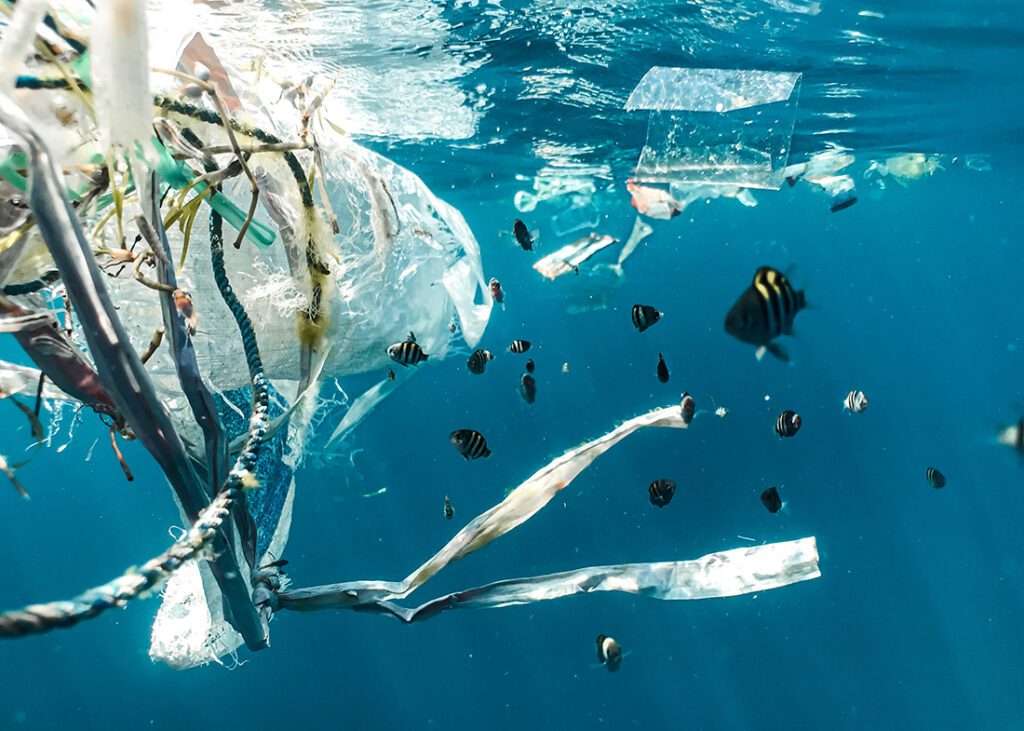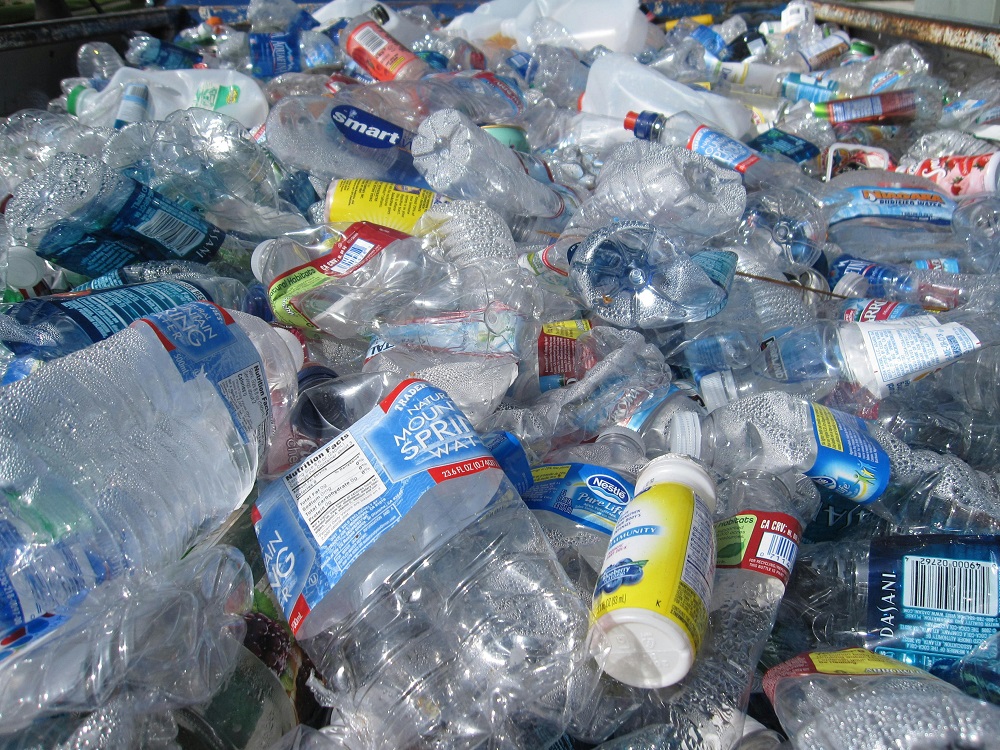Tens of thousands of tons of plastic enter Earth’s oceans every year, and as that plastic disintegrates, its particles impact marine life, and also carbon cycles, a recent New York Times article explains.
“As long as there has been marine life, there has been marine snow — a ceaseless drizzle of death and waste sinking from the surface into the depths of the sea,” according to the article. “Although the term may suggest wintry whites, marine snow is mostly brownish or grayish, comprising mostly dead things. For eons, the debris has contained the same things—flecks from plant and animal carcasses, feces, mucus, dust, microbes, viruses—and transported the ocean’s carbon to be stored on the seafloor. Increasingly, however, marine snowfall is being infiltrated by microplastics: fibers and fragments of polyamide, polyethylene and polyethylene terephthalate. And this fauxfall appears to be altering our planet’s ancient cooling process.”




